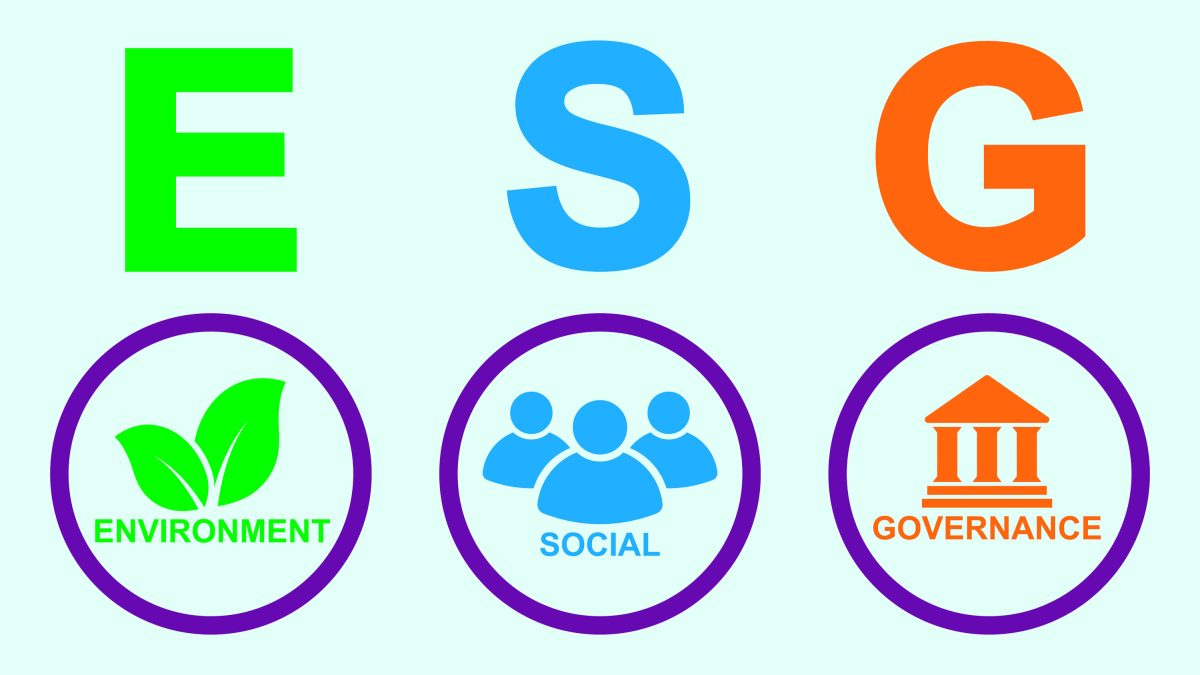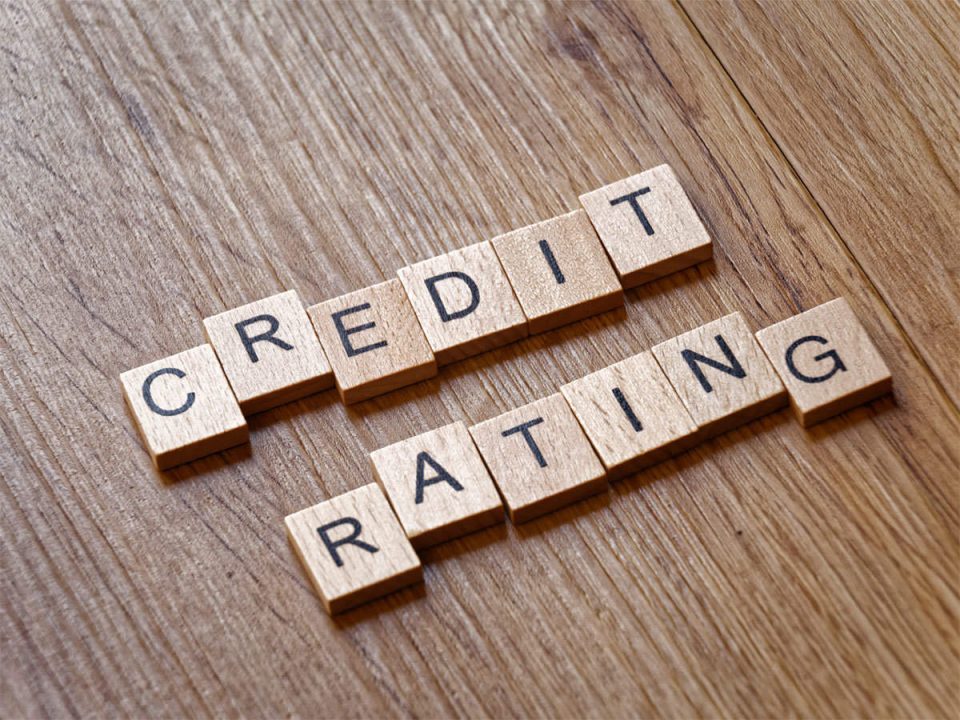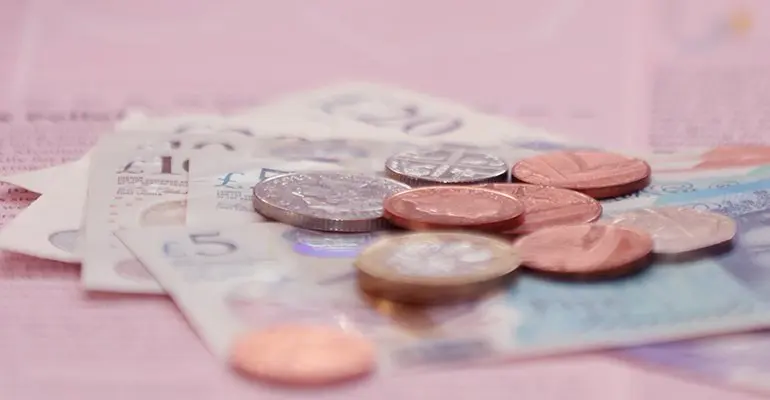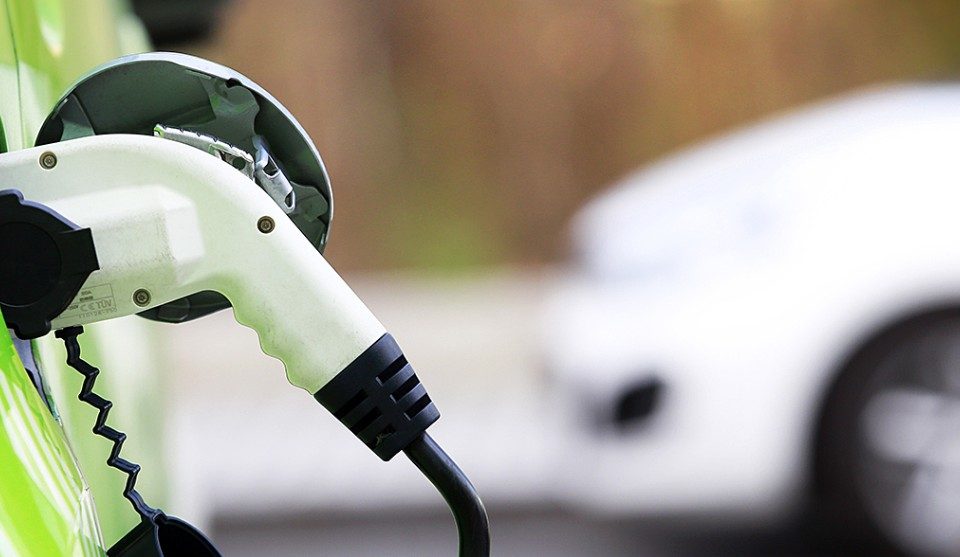
Funding Biomass Energy Projects In Africa
December 19, 2022
The Impact of ESG On Sovereign Rating
December 24, 2022The World Bank (WB) has indicated that Ghana has seen a rapid economic growth of 7% year-on-year from 2017 to 2019 until the adverse impact of the COVID-19 pandemic resulted in a lockdown in March 2020, causing a decline in commodity exports. This was an underpinning for the macroeconomic imbalances experienced during and after that period, subsequently affecting households and businesses. This further led to a marginal increase in the country’s poverty rate from 25% in 2019 to 25.5% in 2020. Ghana recovered in 2021 with a growth of 5.4% from 0.5% in 2020. Furthermore, the Ghana cedi cumulatively depreciated by 54.2%, 48.9%, and 49.9% against the US dollar, the Pound, and the Euro respectively as of November 24, 2022, leading to higher prices of imported goods. The Bank of Ghana also increased the policy rate by 250 basis points to 27% in November 2022 in an attempt to continuously manage inflation expectations.
Consequently, the rating institutions such as Fitch and Moody’s have downgraded Ghana’s rating on the international capital market, thereby affecting the country’s ability to attract Foreign Direct Investments (FDI’s) into the country. Fitch Ratings has downgraded Ghana’s Long-Term Foreign-Currency Issuer Default Rating (IDR) from B to B-, reflecting the country’s loss of access to international capital markets. The underlying basis of the credit rating was due to the uncertainties surrounding the government’s ability to honour contractual obligation of Ghana’s debt at sustainable or appreciable levels against a backdrop of tightening global financing conditions. According to Fitch Ratings, Ghana’s ability to deliver on planned fiscal consolidation efforts could be hindered by the increased reliance on domestic debt issuance with higher interest costs in the context of an already exceptionally high-interest expenditure to revenue ratio. The loss of access to international bond markets poses risks to its ability to meet medium-term financing needs. Even though Ghana has liquidity and external financing options to handle near-term debt servicing without Eurobond issuance, there is a risk that certain investors could trade their holdings if confidence in the government’s fiscal consolidation strategy further weakens, placing downward pressure on its reserves.
Furthermore, Ghana’s downgrading is attributed to its performance in Environmental, Social and Governance (ESG). According to Moody’s, Ghana’s resilience to environmental and social risks is weak and hindered by gross debt and low levels of wealth. This has caused the country’s ESG score to be highly negative (CIS-4). In terms of environmental risks, the cocoa sector’s demand for water exposes the country to climate change and droughts. The country is exposed to water management risks arising from inadequate access to potable water in some areas as the size of the agricultural sector causes the economy to be prone to the effects of climate change. The resistance to social risk is also negative (S-4 issuer profile score), primarily caused by inadequate access to quality housing and education mostly in rural areas. The country’s fiscal challenges also constrain the government’s ability to reduce poverty and general inequality causing the country to record a moderately negative rating in access to basic services. The governance structure is highly negative with a G-4 issuer profile score.
To upgrade the current credit rating, the government needs to develop the social, governance, and fiscal structures to improve the lives of its citizens and create sustainability in Ghana’s external liquidity, such as increasing the international reserves occurring from non-debt-creating flows. Additionally, the government needs to ensure the implementation of a credible post-pandemic fiscal consolidation strategy to improve revenue mobilization and effective fiscal policies.




